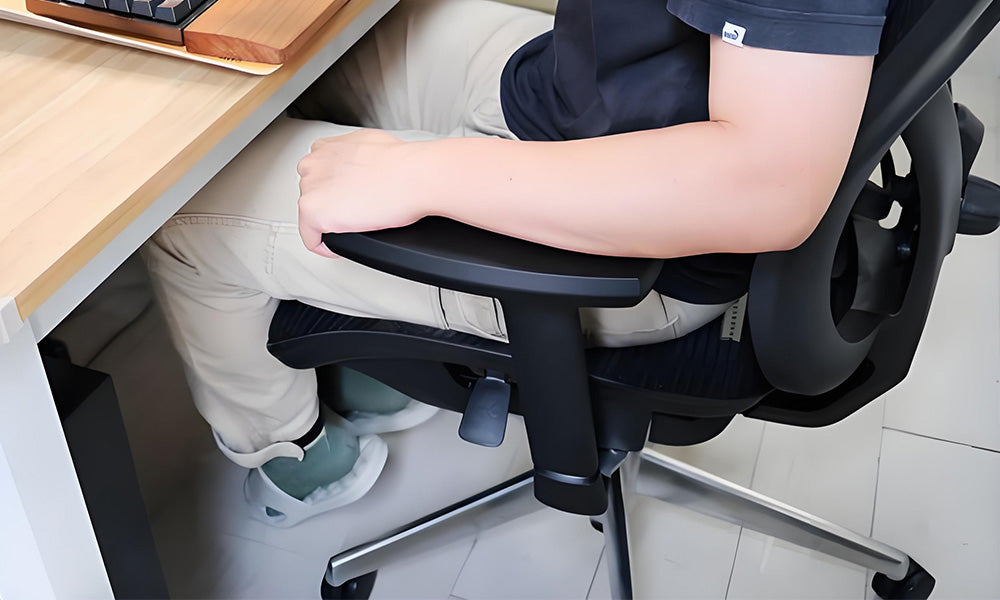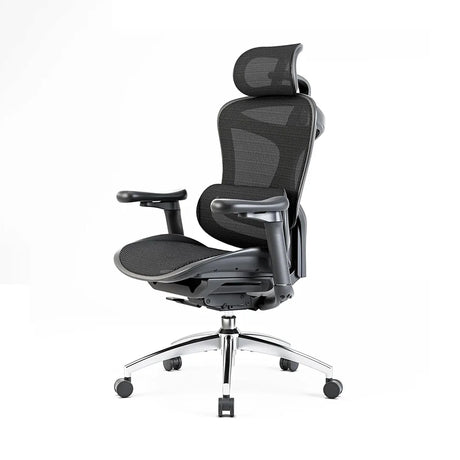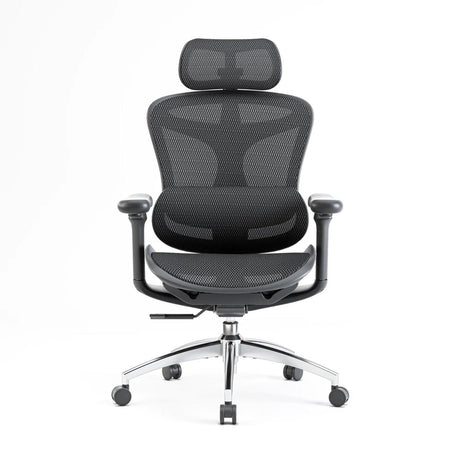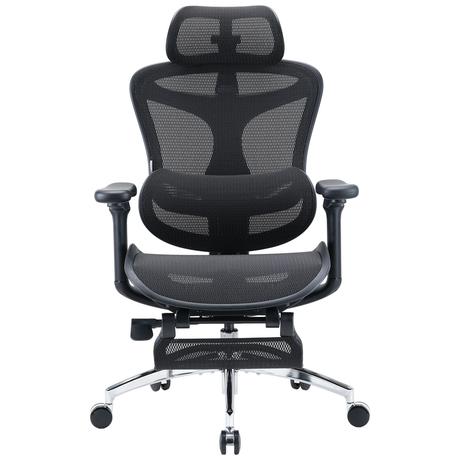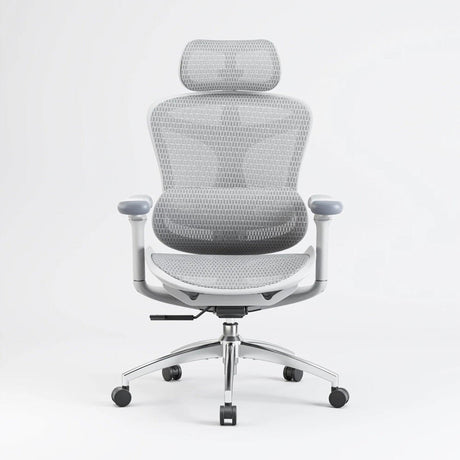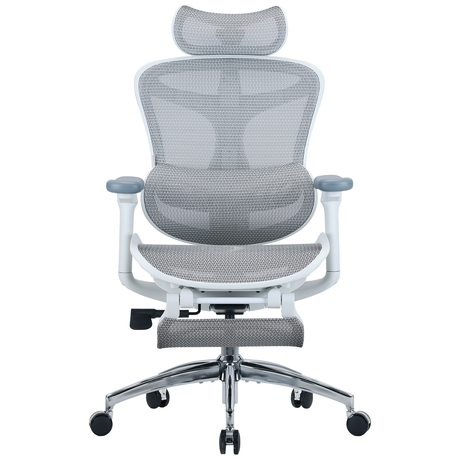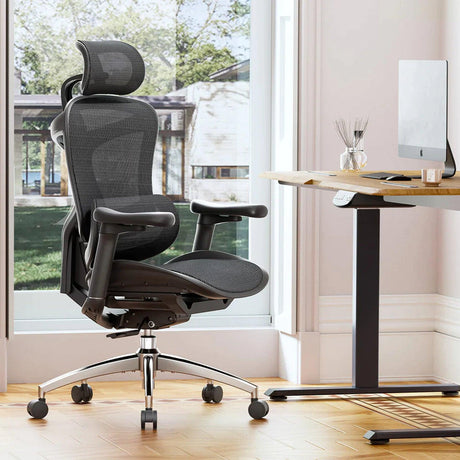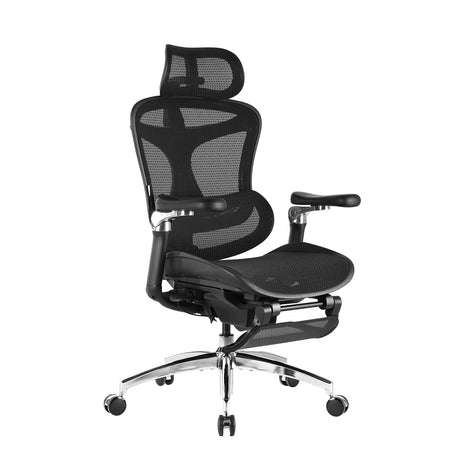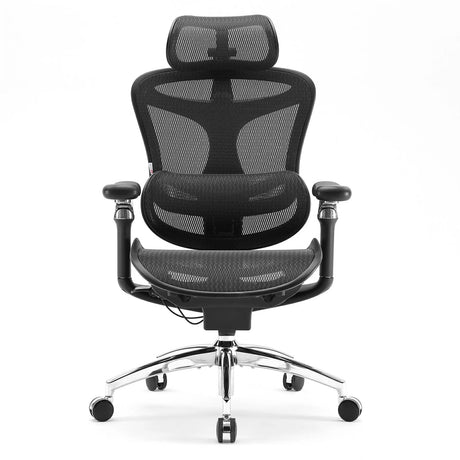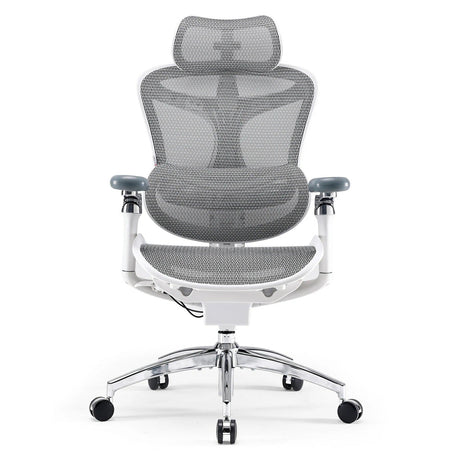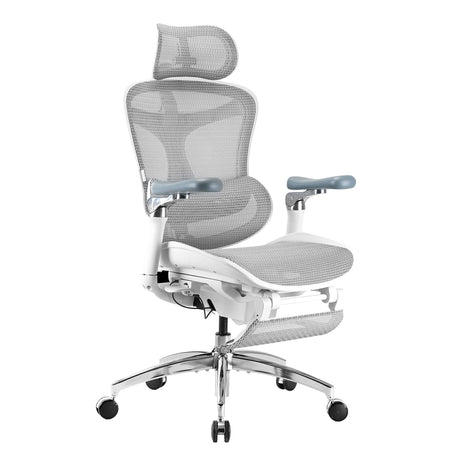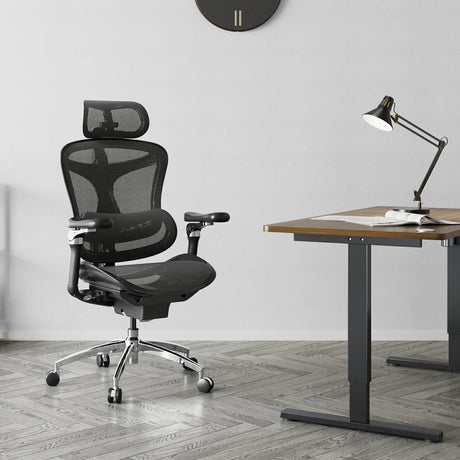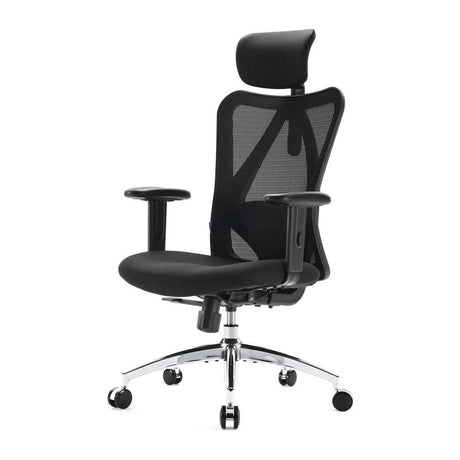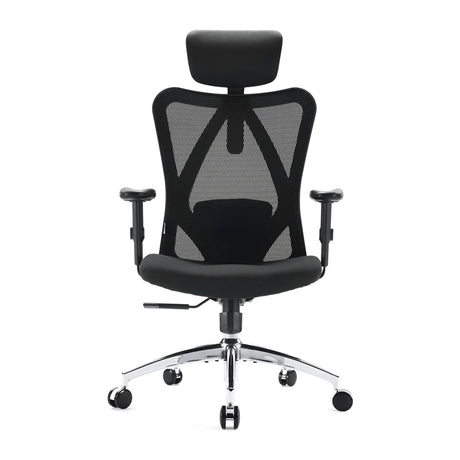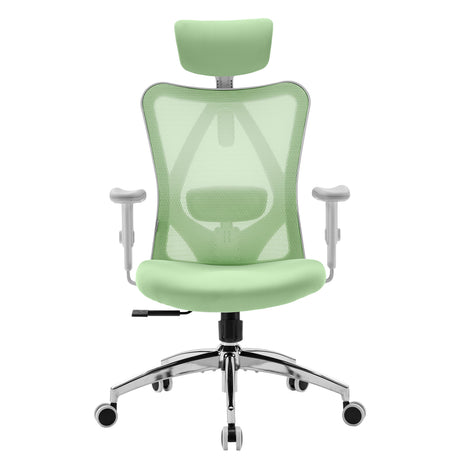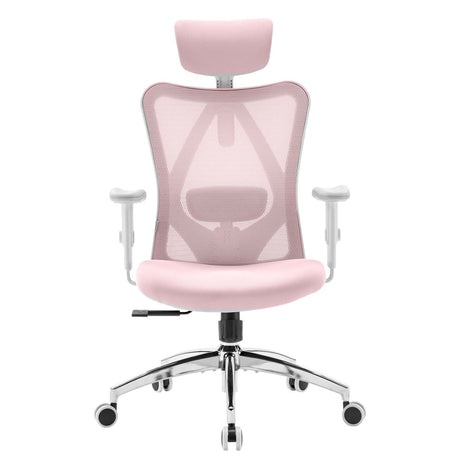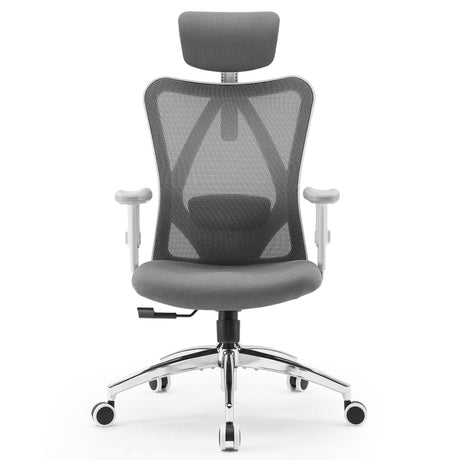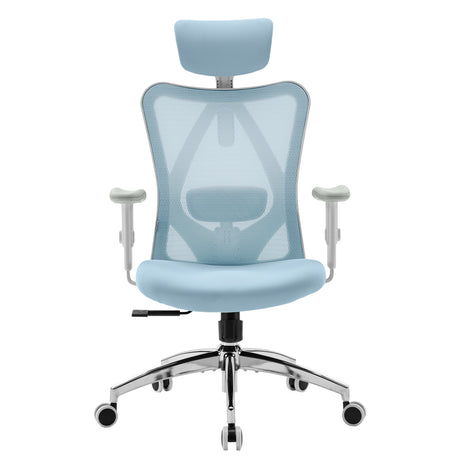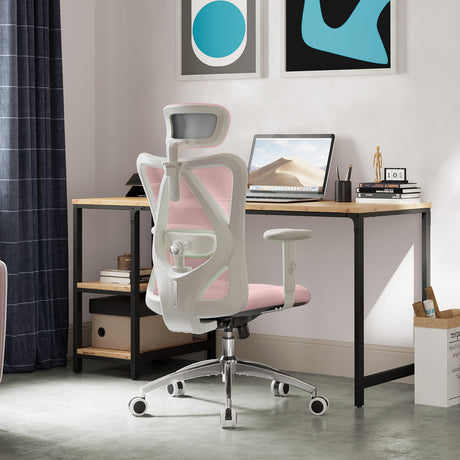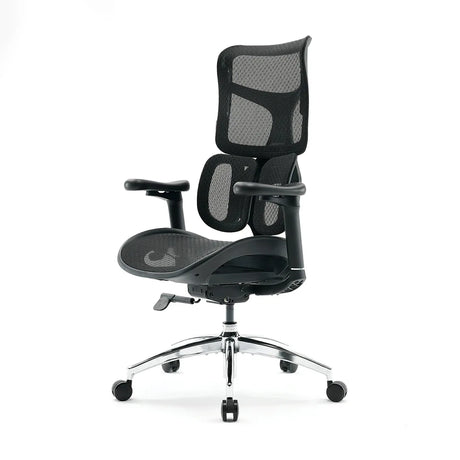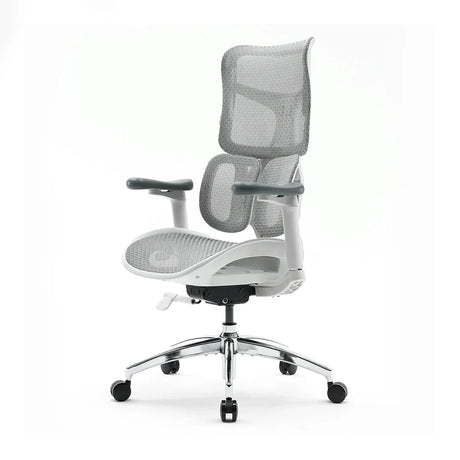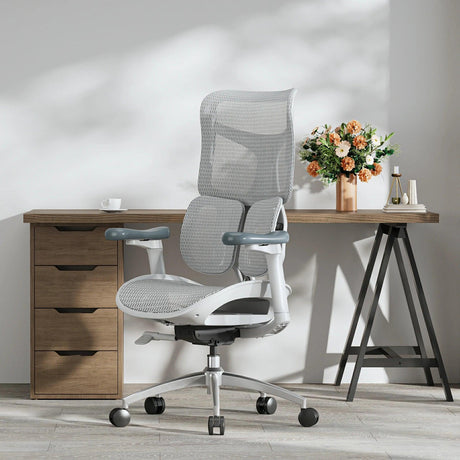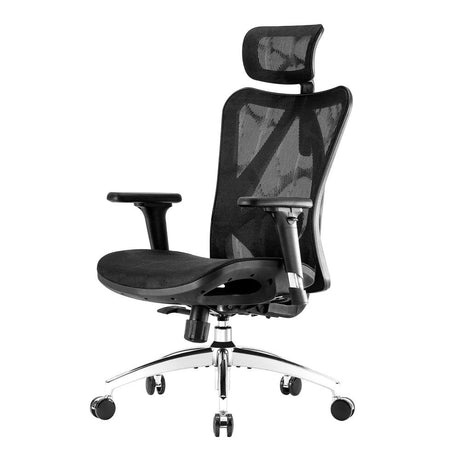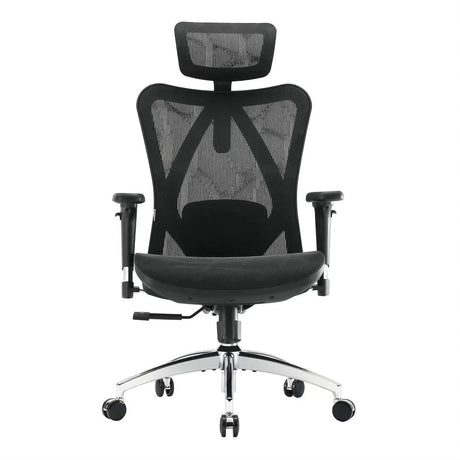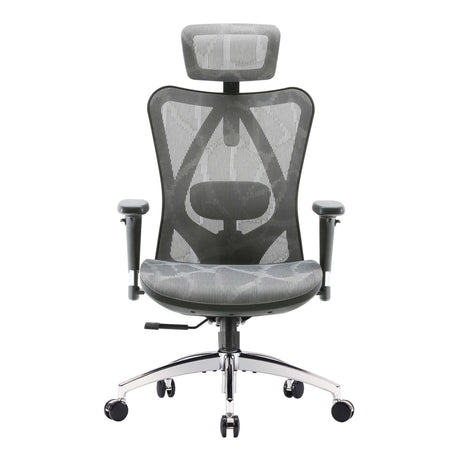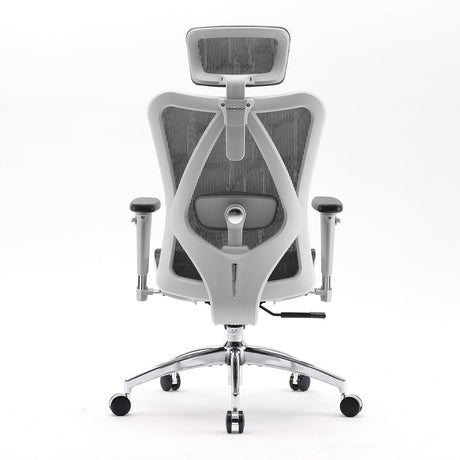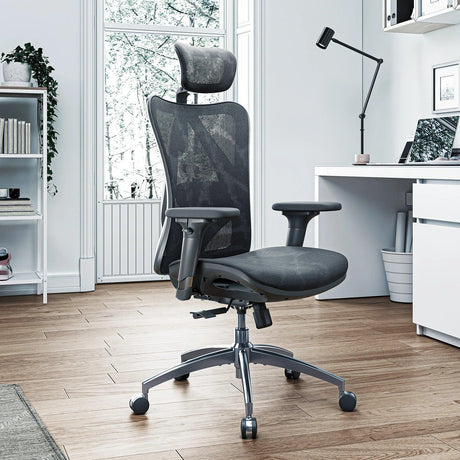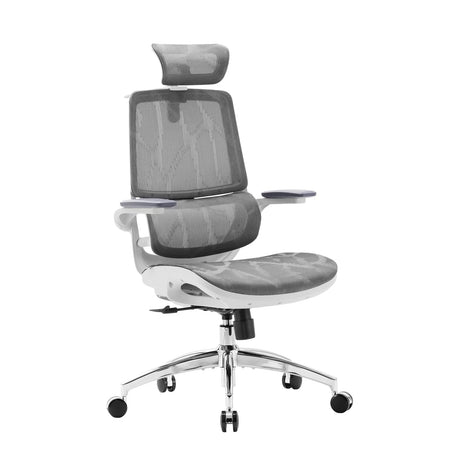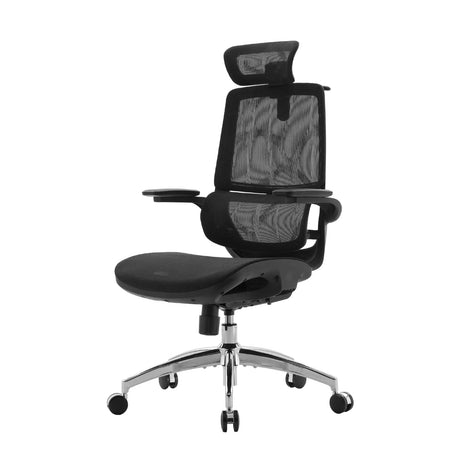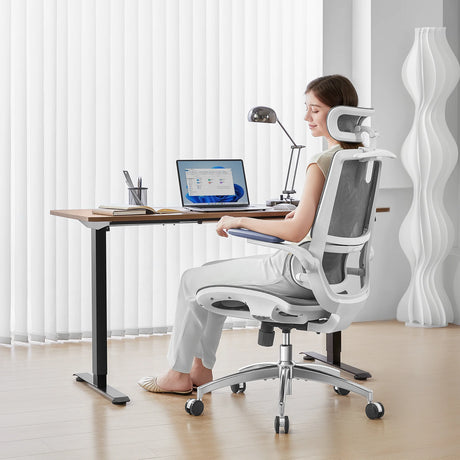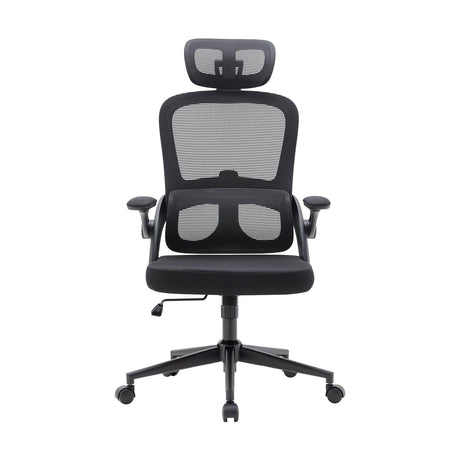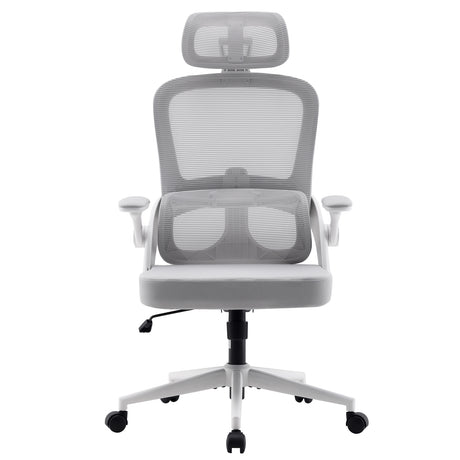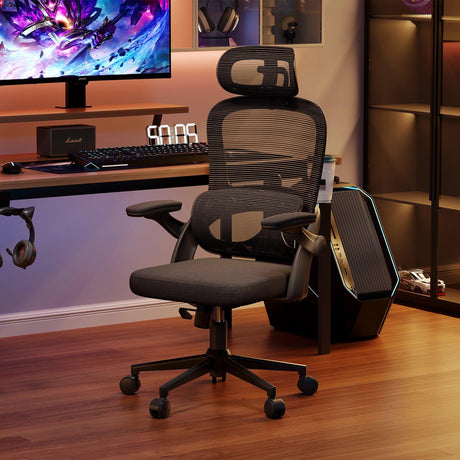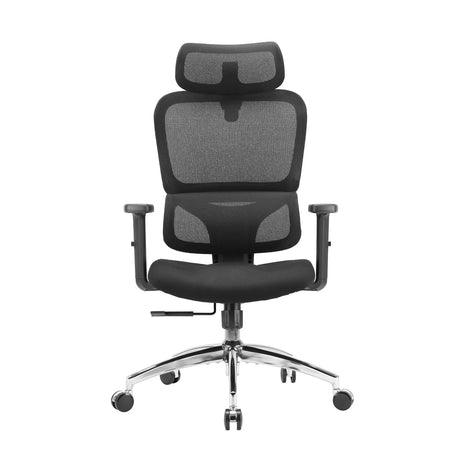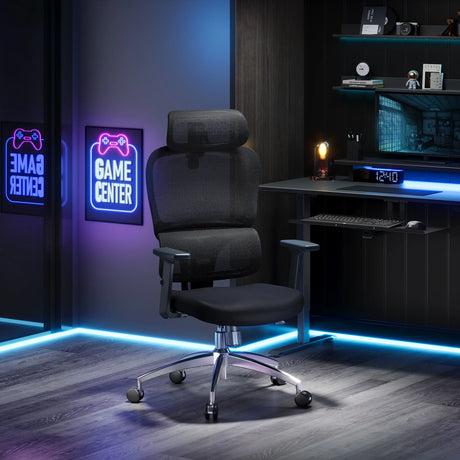If you’ve ever struggled with back pain after long hours of sitting, you’re not alone. Millions of people worldwide suffer from back issues caused by poor posture, inadequate support, and prolonged sedentary lifestyles. Whether you're working from home, gaming, or commuting to the office, choosing the right ergonomic chair for back pain can make a significant difference in your comfort, productivity, and overall well-being.
In this comprehensive guide, we’ll explore what makes an ergonomic chair effective, how it helps relieve back pain, and what features to look for when purchasing the best ergonomic chair for back pain. We'll also offer expert tips on sitting posture and maintaining spinal health throughout your day.
Why Ergonomic Chairs Matter for Back Pain
Back pain—especially lower back pain—is a common consequence of sitting in chairs that lack lumbar support or encourage slouching. Over time, this leads to muscle imbalances, spinal compression, and chronic discomfort. That’s where an ergonomic chair for back pain comes into play.
Unlike traditional chairs, ergonomic chairs are designed to align with the natural curve of your spine. They offer personalized adjustments that support key areas of your body: lumbar spine, upper back, neck, and shoulders. This alignment minimizes strain, improves blood circulation, and promotes healthy sitting habits.
How Ergonomic Chairs Help Alleviate Back Pain
An ergonomic chair for back pain works through multiple features working together to reduce pressure on the spine and muscles. Here's how:
1. Lumbar Support
The lumbar region, or lower back, is one of the most sensitive areas affected by prolonged sitting. A quality ergonomic chair features adjustable lumbar support that conforms to the natural S-shape of your spine. This reduces spinal compression and helps maintain correct posture even during extended sitting sessions.
2. Adjustable Backrest and Recline
Ergonomic chairs often include backrests that recline and lock into multiple angles, allowing your spine to rest in various positions. This movement encourages micro-adjustments, reducing fatigue and relieving pressure on the vertebral discs.
3. Seat Depth Adjustment
Seat depth is crucial for evenly distributing your weight. A chair with a sliding seat pan supports your thighs without cutting off circulation behind the knees. This feature allows the ergonomic chair for back pain to accommodate different body sizes comfortably.
4. Armrest Customization
Adjustable armrests help take the pressure off your shoulders and upper spine. An ergonomic chair for back pain often includes 3D or 4D armrests that can move up/down, forward/backward, and side-to-side for personalized support.
5. Neck and Head Support
While back pain is the main focus, upper body support is equally important. Many ergonomic chairs come with adjustable headrests that cradle your neck and reduce tension in your shoulders and upper spine.
Top Features to Look for in an Ergonomic Chair for Back Pain
When shopping for the best ergonomic chair for back pain, here are the must-have features to keep in mind:
|
Feature |
Why It Matters |
|
Dynamic Lumbar Support |
Adapts to your spine’s movement and maintains pressure relief. |
|
Height-Adjustable Seat |
Ensures your feet are flat on the floor, reducing lower back strain. |
|
Mesh or Breathable Material |
Keeps you cool and prevents moisture buildup, especially in long sitting sessions. |
|
Tilt Tension & Locking Mechanism |
Allows reclining while maintaining core support. |
|
Durable Build and Warranty |
A well-constructed chair will last for years without losing ergonomic functionality. |
Who Needs an Ergonomic Chair for Back Pain?
Virtually everyone can benefit from an ergonomic chair, but certain individuals need it more urgently than others:
- Office workers who spend 8+ hours seated daily
- Remote professionals working from makeshift home setups
- Gamers and streamers engaged in long gaming sessions
- Students studying for long periods
- Individuals recovering from spinal injuries or surgeries
If you fall into any of these categories and frequently experience back discomfort, investing in an ergonomic chair for back pain should be a top priority.
Best Practices for Using an Ergonomic Chair for Back Pain
Even the best ergonomic chair for back pain can’t fix poor sitting habits alone. To get the most out of your chair, follow these sitting tips:
1. Adjust Your Chair to Fit Your Body
Make sure the seat height allows your feet to rest flat on the floor. Adjust the lumbar support to press gently against your lower back.
2. Maintain Good Posture
Sit with your back upright and your hips pushed back in the seat. Keep your shoulders relaxed and elbows bent at 90 degrees.
3. Take Regular Breaks
Stand, stretch, or walk for a few minutes every hour. This reduces spinal load and improves circulation.
4. Use a Footrest if Needed
If your feet don’t touch the ground comfortably, a footrest can support your lower limbs and reduce pressure on your back.
5. Pair with a Sit-Stand Desk
For even greater spinal health, pair your ergonomic chair with a height-adjustable desk to alternate between sitting and standing.
Real-Life Benefits of Using an Ergonomic Chair for Back Pain
Let’s look at what people are saying after switching to a high-quality ergonomic chair for back pain:
- Emily, a Graphic Designer: “I used to struggle with lower back pain daily. After switching to a mesh ergonomic chair with dynamic lumbar support, I can now sit comfortably for hours without tension or fatigue.”
- James, a Software Developer: “The adjustable armrests and deep seat pan on my new ergonomic chair have helped align my posture. I no longer slouch, and the aches have disappeared.”
- Sarah, a Teacher Working Remotely: “Teaching online from home was wrecking my posture until I got a proper ergonomic chair. It supports my entire back and keeps me energized through long classes.”
Mistakes to Avoid When Choosing an Ergonomic Chair for Back Pain
Not all chairs labeled as ergonomic actually help relieve back pain. Here are some pitfalls to watch out for:
❌ Overlooking Adjustability
A fixed-back chair won’t adapt to your needs. Avoid any chair that doesn’t offer height, lumbar, and armrest adjustments.
❌ Buying Based on Looks Alone
Aesthetic design doesn’t guarantee comfort. Always prioritize functionality and ergonomic science over flashy designs.
❌ Choosing the Wrong Size
An oversized or undersized chair can worsen back pain. Make sure the chair dimensions fit your height and weight.
❌ Ignoring Material Quality
Low-quality foam or fabric wears out quickly and loses support. Choose chairs with durable mesh or high-density cushioning.
How Much Should You Spend on an Ergonomic Chair for Back Pain?
You don’t need to break the bank, but you should view your ergonomic chair as an investment in your health. A quality ergonomic chair for back pain typically costs between $300–$800, depending on the brand and features.
Higher-end models offer aerospace-grade materials, intelligent lumbar tracking, and whisper-quiet reclining systems—ideal for users with severe back issues or extended work hours.
Why Sihoo Chairs Are a Top Choice for Back Pain Relief
When choosing the best ergonomic office chair for back pain, Sihoo is a trusted brand offering an excellent balance of comfort, innovation, and affordability. Their top ergonomic models include:
✅ Sihoo Doro S300
- Dual dynamic lumbar support
- Anti-gravity recline system
- Aerospace-grade build for long-term durability
✅ Sihoo Doro C300
- Self-adaptive backrest
- 4D adjustable armrests
- Smart weight-sensing chassis
✅ Sihoo Doro C300 Pro
- Bigger seat cushion
- Seat depth adjustment
- Complete control in one handle
Sihoo’s focus on spinal alignment and fatigue-free sitting makes their chairs highly effective for relieving and preventing back pain.
Final Thoughts: Invest in Your Comfort and Health
Back pain doesn’t have to be the price you pay for a desk job or long gaming hours. With the right ergonomic chair for back pain, you can transform your daily comfort, posture, and productivity. Look for features that support your lumbar spine, promote healthy posture, and adapt to your body’s unique shape.
Remember, no chair can perform miracles alone—pair your ergonomic setup with good posture habits, frequent breaks, and movement throughout your day. Your spine will thank you.
